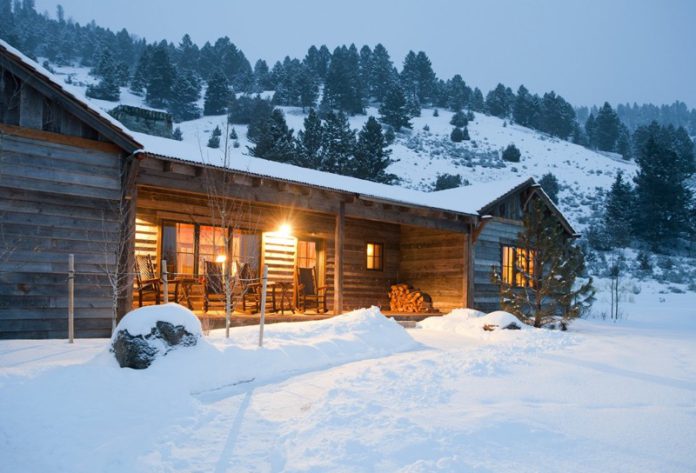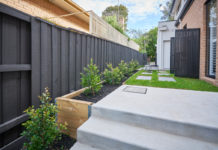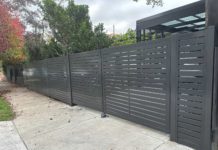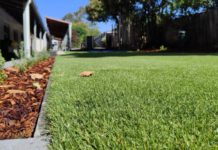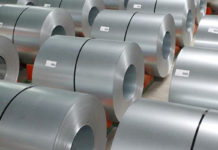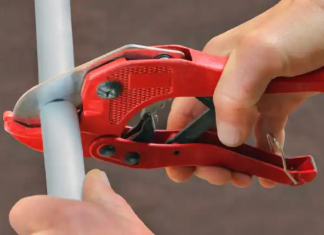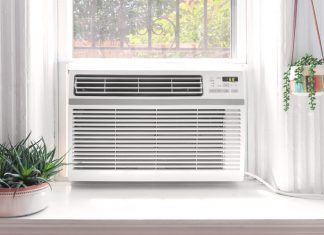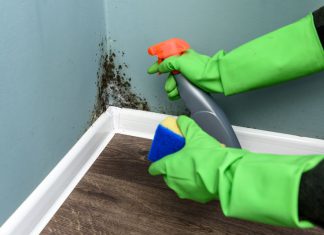If you live in an old house, you already know that it comes with its own set of problems. However, many people love old homes as they offer a unique charm and character. When winter rolls around, there are a few specific things to keep in mind to maintain a warm and cozy home. Here are a few issues to pay attention to.

The Heating System
Older heating systems are often not very energy efficient. If your home has an older system, replace it with a newer model. Not only will this save you money on energy bills, but it will keep your home warm in the winter. Other than a replacement, consider a furnace tune up in Keller or nearby to help your system run more efficiently.
The Insulation
Most old homes tend to have poor insulation. Inadequate insulation can lead to drafts and loss of heat, both of which will make your home uncomfortable. If you don’t have proper insulation, consider having it installed. If you have it, make sure it is in good condition and there’re no gaps where air can escape.
The Windows
Windows are another weak spot in old homes. They often don’t close properly or seal well, leading to drafts and heat loss. If your windows need to be replaced, now is the time to do it. If they don’t want to replace them, weatherize or have a professional do it for you. When considering a replacement, go for double-pane windows with low-e coatings.
The Roof
If your roof is old and leaky, you’re going to have a hard time keeping your home warm in the winter. Have any leaks fixed before the cold weather sets in. If the roof is in good condition, consider applying a waterproofing sealant to retain the heat. Additionally, book a professional inspection just before winter hits to ensure your roof is in good shape and won’t let any heat escape.
The Plumbing
If your home has old plumbing, you may find that your water bill skyrockets in the winter. This is because older plumbing is susceptible to freezing. Disconnect all garden hoses and drain any water from outside faucets.
Make sure the insulation on your pipes is in good condition, and if it’s not, have it replaced. If you’re worried about your pipes freezing, consider leaving a faucet slightly open to allow a slow drip. It will keep the water flowing and prevent your pipes from freezing.
Pest Infestations
Many older homes have problems with pests, especially in the winter. Pests take refuge in warm, dark places during the colder months, spelling trouble for homeowners. Seal any cracks or openings in your home where pests can get in. Also, make sure you keep your home clean and clutter-free, leaving no room for pests to hide. If you already have a pest problem, call a professional to remove them.
Electrical Issues
Older homes often have outdated wiring, which can be a fire hazard. If you’re worried about your home’s electrical system, have it inspected by a professional. If you find that your wiring is outdated, have it replaced. Also, use surge protectors on all of your electronics to protect them from power surges.
Poor Indoor Air Quality
Many old homes have poor indoor air quality, a health hazard. If you’re having trouble breathing or if your allergies are acting up, it may be because of the air quality in your home. Have an indoor air quality test done to see if there’s a problem. If there is, take steps to improve the air quality. Install an air purifier or humidifier, clean the ducts, or use a dehumidifier.
Preparation Assures You Of a Comfortable Home
Living in an old home has its challenges, such as decreased energy efficiency, but it’s worth it for the unique charm and character it offers. Preparing for the cold weather ahead of time keeps your family warm and cozy all season long. Know who to call, the preparations to make, and the steps to take when disaster strikes.
